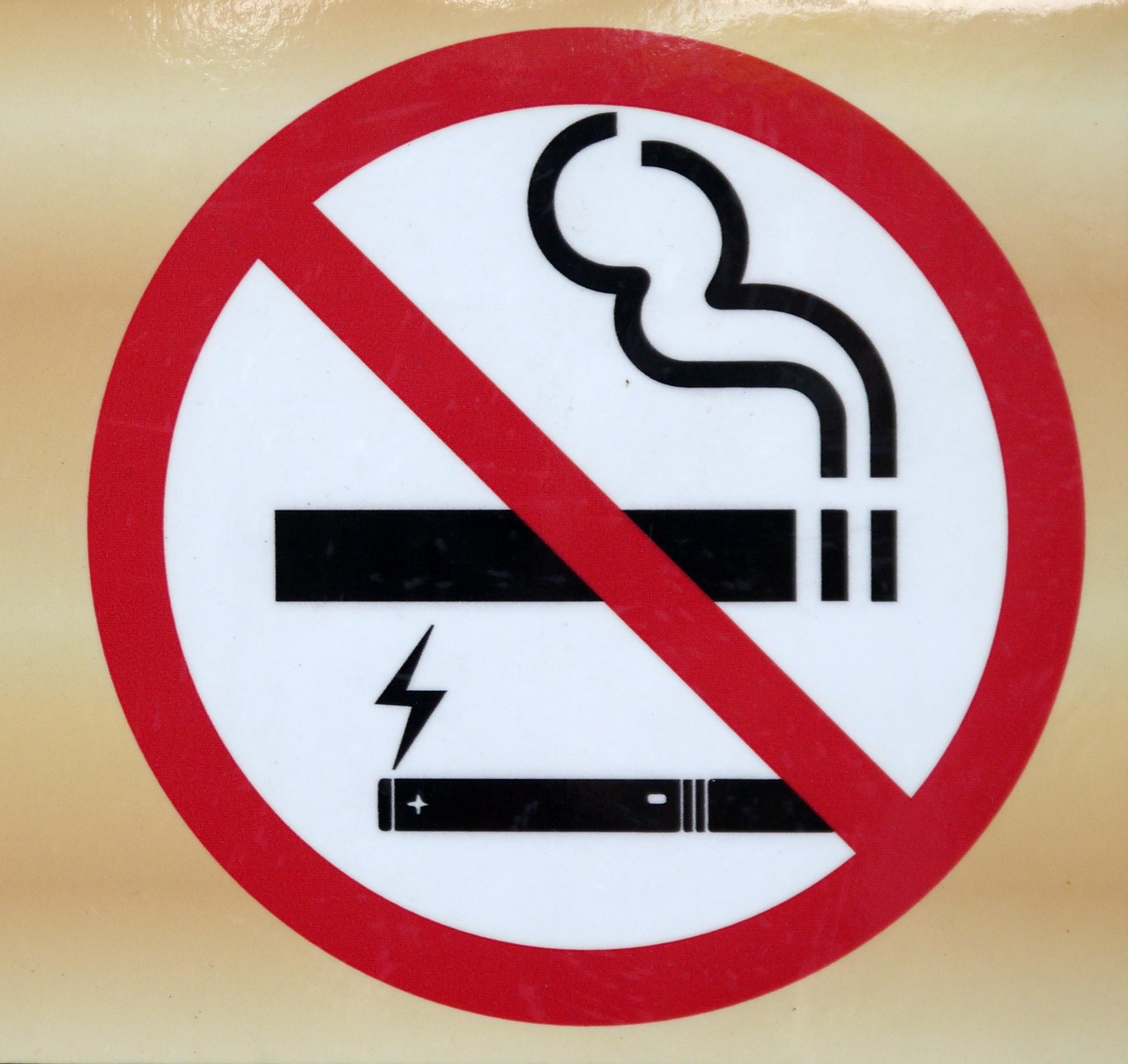Expert Reaction
These comments have been collated by the Science Media Centre to provide a variety of expert perspectives on this issue. Feel free to use these quotes in your stories. Views expressed are the personal opinions of the experts named. They do not represent the views of the SMC or any other organisation unless specifically stated.
Professor Natalie Walker, Director of the Flinders Clinical Trials Platform at Flinders University and an author of this study, comments:
We wanted to hear from New Zealanders, who used to vape or currently vape, about their efforts to become vape-free.
"Our nationwide survey found that although some people successfully quit vaping with no support, others find it challenging.
"The strategies used by people to quit vaping are very similar to those used by people trying to quit smoking. For example, reducing nicotine intake over time, and having the support of friends and/or family.
"People wanting to start the move to become vape-free should identify and avoid their ‘triggers to vape’, such as being around others who vape, feeling stressed and/or anxious, or drinking alcohol.
"Some words of advice from the survey participants for people wanting to start the move to become vape-free: Avoid being around others who vape, keep the vape in another room, have a zero nicotine vape on hand, choose a flavour you don’t like, replace the hand- to-mouth action with something like a fidget spinner or chewing gum, and practice self-compassion. As one participant said, ‘go into the quitting process with a feeling of elation, not loss.’
"The survey findings have been key to the development of a NZ vaping cessation trial (funded by the Health Research Council), which is currently underway. People who are interested in quitting can read more about the trial, and register their interest here: https://equit.auckland.ac.nz/



 New Zealand
New Zealand


